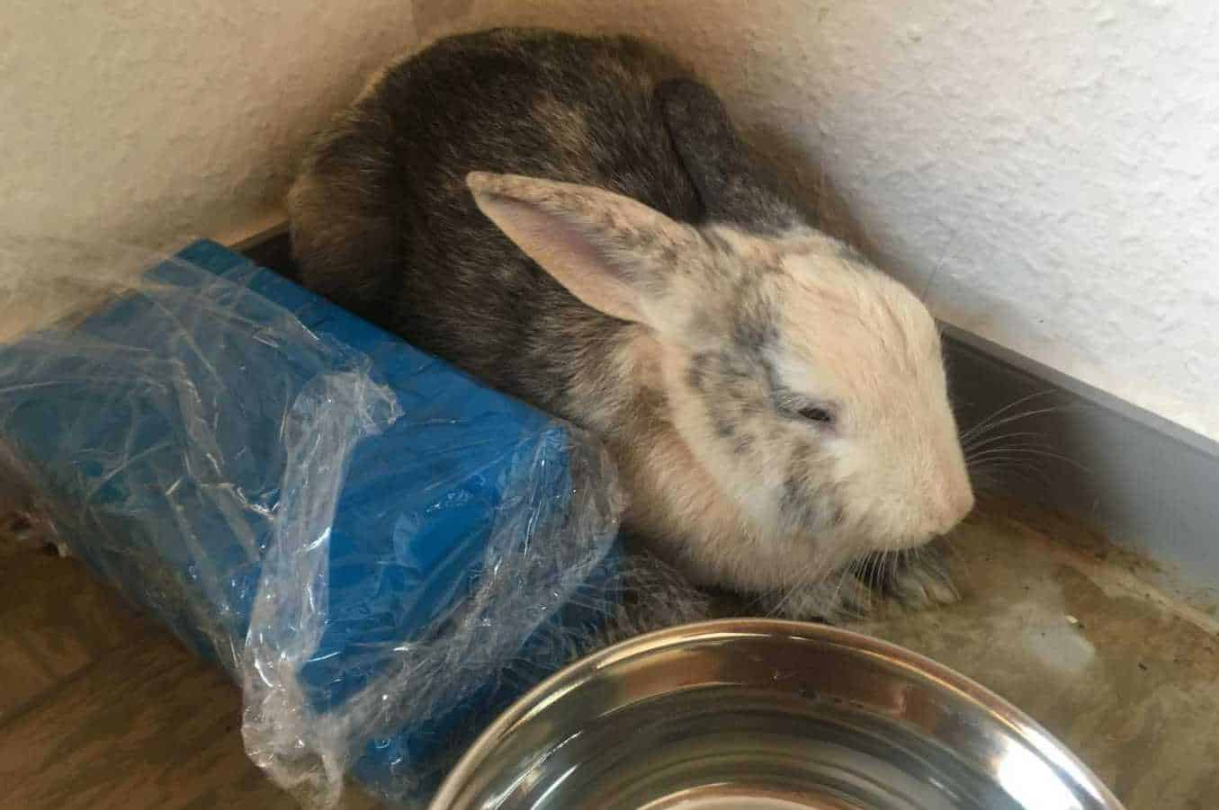How Long Can a Rabbit Live Without Water?
Water is an essential component of any living organism’s survival, including rabbits. Without sufficient water intake, a rabbit’s health and well-being can be compromised. In this article, we will explore the importance of water for rabbits and discuss how long they can survive without it.

The Importance of Water for Rabbits
Rabbits require water to maintain proper bodily functions, just like any other animal. Water plays a crucial role in digestion, circulation, temperature regulation, and waste elimination. It aids in the transportation of nutrients and removal of waste products from the body. Additionally, water is essential for hydration and keeping a rabbit’s body at the correct moisture level.
Normal Water Consumption for Rabbits
On average, a healthy rabbit will consume approximately 50-150 ml of water per kilogram of body weight per day. Factors such as temperature, diet, and activity level can influence their water intake. Rabbits primarily obtain water through drinking, but they can also derive moisture from fresh vegetables and leafy greens.
How Long Can a Rabbit Survive Without Water?
While rabbits can manage without food for a longer period, they are more reliant on a constant supply of water. In ideal conditions, a rabbit can survive for a few days without water, but their health will rapidly decline. Dehydration can have severe consequences on a rabbit’s overall well-being.
Effects of Dehydration on Rabbits
Dehydration occurs when a rabbit’s body loses more water than it takes in, leading to an inadequate supply for proper bodily functions. The effects of dehydration can be detrimental and potentially life-threatening for rabbits, as it can impact various systems within their bodies:
- Digestive System: Insufficient water intake can lead to gastrointestinal stasis, where the digestive system slows down or stops completely. This can result in a reduction in appetite, bloating, and the accumulation of gas in the digestive tract.
- Circulatory System: Dehydration affects blood volume and circulation, making it harder for vital nutrients to reach different parts of the body. This can lead to organ dysfunction and poor overall health.
- Urinary System: Lack of water can result in concentrated urine, leading to the formation of urinary sludge or stones. These can cause blockages and severe pain for the rabbit.
- Temperature Regulation: Water assists in maintaining a rabbit’s body temperature. Without enough water, rabbits can struggle to regulate their body temperature, especially in warmer climates.
Given these potentially severe consequences, it is crucial to ensure that rabbits have access to clean and fresh water at all times.
FAQs about Water and Rabbit Health
How often should I change my rabbit’s water?
It is recommended to change your rabbit’s water at least once a day to ensure freshness and cleanliness. If your rabbit spills or contaminates the water, it should be replaced immediately.
Can rabbits drink tap water?
Rabbits can drink tap water, provided it is safe for human consumption. However, some tap water may contain high levels of minerals or chemicals that can be harmful to rabbits. If you are unsure about your tap water quality, it is best to consult your veterinarian or use filtered water.
How can I encourage my rabbit to drink more water?
Some rabbits may require encouragement to drink an adequate amount of water. You can try the following tips:
- Provide fresh and clean water in a suitable water dispenser or bowl.
- Ensure the water is easily accessible to the rabbit at all times.
- Offer a variety of fresh vegetables and leafy greens with high water content to supplement their water intake.
What are the signs of dehydration in rabbits?
Signs of dehydration in rabbits may include:
- Dry, sticky gums
- Sunken eyes
- Reduced skin elasticity
- Lethargy and weakness
- Decreased urine output
If you notice any of these symptoms, it is important to seek veterinary care immediately to prevent further complications.
Remember, water is an essential component for a rabbit’s health and well-being. Ensuring they have constant access to clean and fresh water is vital for their overall quality of life. Take the necessary steps to provide an adequate water supply, and monitor your rabbit’s water consumption regularly to ensure their hydration needs are met.
Related Articles…
Copyright Notice:
All images featured on this site are sourced from the internet, copyrights belong to respective owners. Should you own any image and require it to be removed, please contact us.